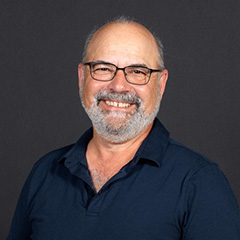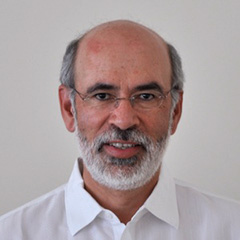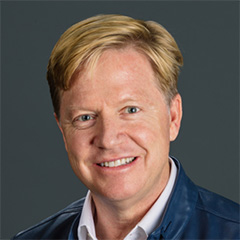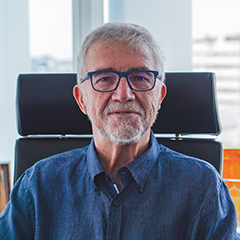 Leon Alkalai
Leon Alkalai
Dr. Alkalai is the founder of Mandala Space Ventures. Dr. Leon Alkalai is a recently retired Technical Fellow of the NASA Jet Propulsion Laboratory (JPL), California Institute of Technology where he spent 32 years after getting his PhD at UCLA in 1989.
During his career at JPL, Dr. Alkalai held numerous leadership positions and was responsible for the capture leadership of both the GRAIL mission to the Moon (2007) and the INSIGHT lander on Mars (2012). For both efforts, Dr. Leon Alkalai received Distinguished Individual Achievement medals from NASA in 2011 and 2019 respectively. Dr. Alkalai was also heading up JPL strategic partnerships and strategic planning for the Laboratory.
In early 2021, Dr. Alkalai retired from JPL and created Mandala Space Ventures, a space-focused, Pasadena-based incubator for new start-ups in the emerging space economy. Leon is also the General Partner at the Explorer-1 Venture Fund which is also affiliated with the Mandala space incubator. Recently, Mandala launched its first new venture called Continuum Space Systems, a Software as a Service (SaaS) company for the emerging digital space economy.
 Jaime Moreno
Jaime Moreno
At IBM Research, Jaime contributed to innovations in hardware and co-design for systems infrastructure, with emphasis on high performance computer systems. At IBM Research, Jaime was Distinguished Researcher, Senior Manager for Data Centric Systems, Senior Manager for Microprocessor Architecture, Worldwide Technology and Operations Manager for Computing as a Service, Research Relationship Manager with academic programs, Co-PI for a DOE-sponsored research program, among others, and was recognized as Master Inventor.
 Marc Tremblay
Marc Tremblay
Marc Tremblay, Ph.D. is a Technical Fellow and Corporate Vice President of Core AI Infrastructure at Microsoft, where he leads the strategic and technical direction for silicon and hardware systems—particularly in support of Artificial Intelligence. His cross-divisional role spans everything from supercomputers to client devices, driving innovation at the intersection of hardware and AI.
Marc has built a career around translating high-level application demands into deep optimizations across the software-hardware stack, down to the silicon itself. While AI has been his primary focus for the past decade, his expertise also includes accelerators, scale-up/out networks, and data center architecture. He is a prolific inventor with over 300 patents and has delivered keynotes on AI hardware and scaling laws, alongside publishing extensively on topics such as throughput computing, multi-core and multithreaded architectures, transactional memory, speculative execution, and Java-based computing.
Before joining Microsoft, Marc served as CTO of Microelectronics at Sun Microsystems. As a Sun Fellow and Senior Vice President, he led a team of 1,200 engineers and spearheaded the development of groundbreaking microprocessors—including the UltraSPARC I/II (superscalar RISC), picoJava (bytecode engine), MAJC (VLIW/media/Java-centric), and ROCK, the first silicon implementation of speculative multithreading and transactional memory.
Marc holds a Ph.D. and M.S. in Computer Science from UCLA, and a Physics Engineering degree from Laval University in Canada. He currently serves on the board of directors of QuantalRF.
 Mateo Valero
Mateo Valero
Mateo Valero is a professor of Computer Architecture at the Technical University of Catalonia (UPC) and the Founding Director of the Barcelona Supercomputing Center (BSC). His research focuses on high-performance computing architectures, a field in which he has authored over 700 papers, contributed to the organization of more than 300 international conferences, and delivered hundreds of invited talks.
Professor Valero has been honored with the most prestigious awards in computer architecture, including the Eckert-Mauchly Award from the IEEE and ACM, the Seymour Cray Award, and the Charles Babbage Award from the IEEE. He was selected for the ICT European Program’s “Hall of Fame” as one of the 25 most influential European IT researchers and has received Spain’s two national research awards, the Julio Rey Pastor and the Leonardo Torres Quevedo.
He is a Fellow of both the IEEE and the ACM, a founding academic of the Royal Academy of Engineering of Spain, and holds numerous Honoris Causa doctorates from universities across Europe and the Americas.